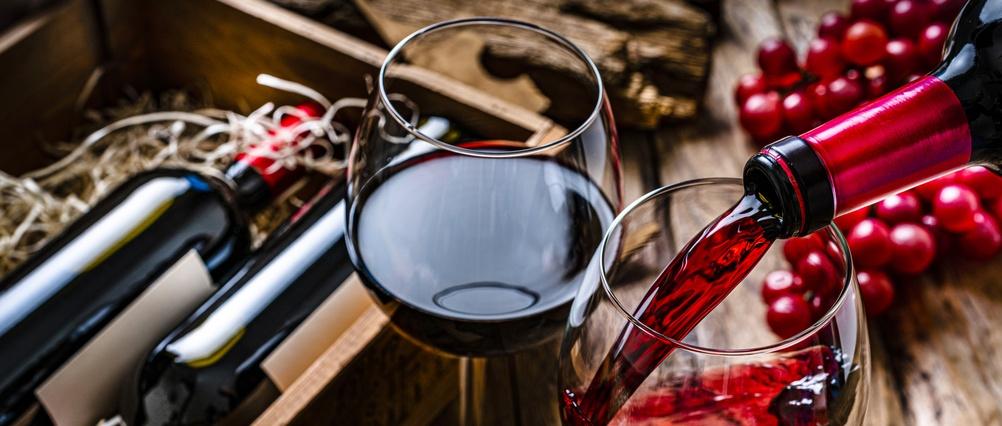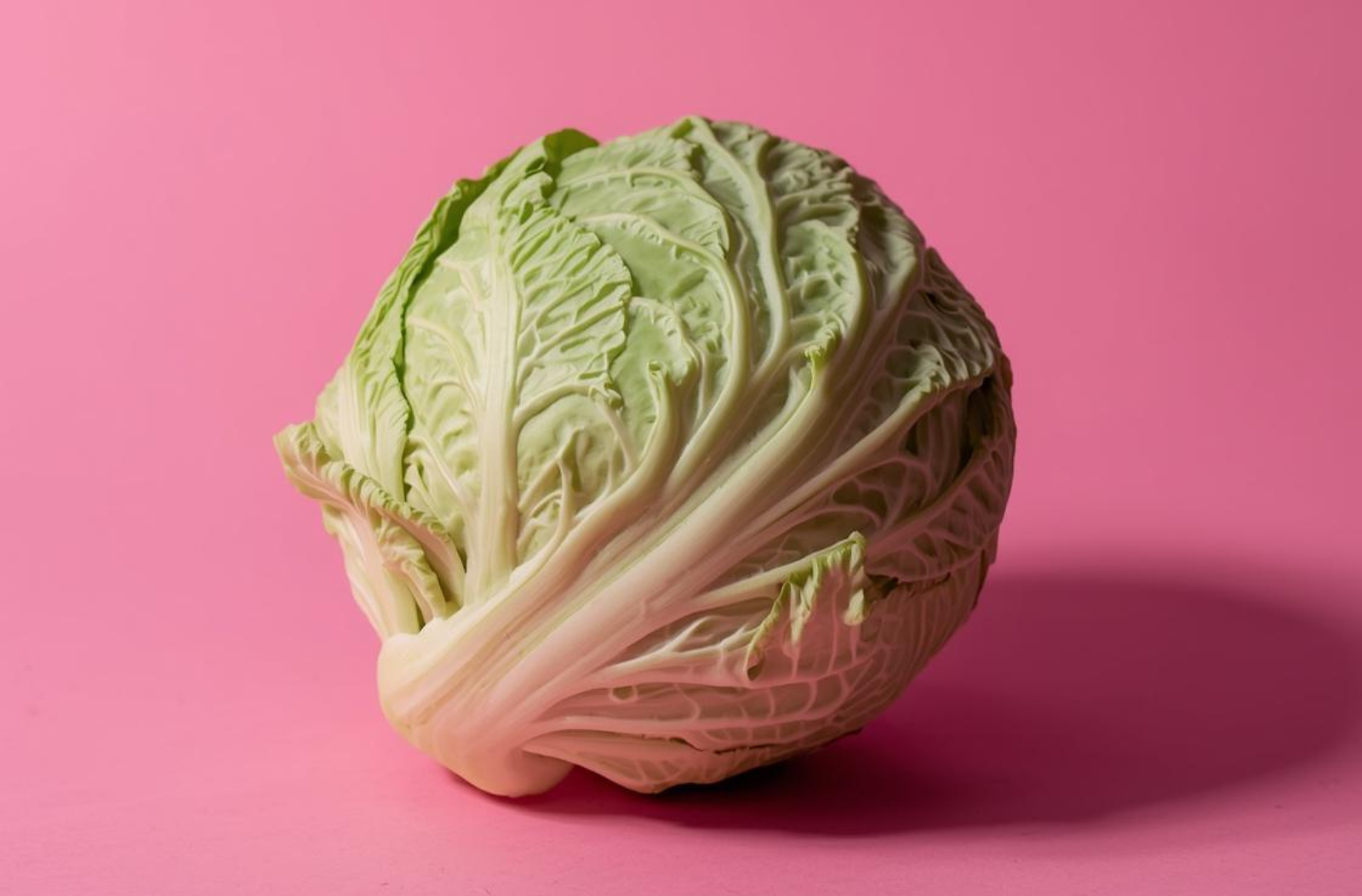
Beyond the grape: uncorking the health facts about resveratrol
Peer reviewed by Dr Philippa Vincent, MRCGPAuthored by Victoria RawOriginally published 16 Sept 2024
Meets Patient’s editorial guidelines
- DownloadDownload
- Share
- Language
- Discussion
Red grapes have a secret weapon that protects them from disease - resveratrol. Could it do the same for you? Found mostly in the skin of red grapes, this natural compound is hailed by some as holding the key to good health. But is it really worth the excitement? Read on to find out more.
In this article:
Video picks for Nutrition
What is Resveratrol?
Resveratrol is a polyphenol - a naturally occurring compound - that is found in the skin and seeds of grapes. Other natural resveratrol sources include blueberries, peanuts, plums, apples, raspberries and products derived from these foods, such as wine. Red grapes usually have between 3-10 times more resveratrol than white grapes.
Dr John Lowe, Restore Care, a Gastroenterologist, based in Utah, USA explains that red wine is famous for having a high concentration of this compound since it's made with red grapes.
Resveratrol is also a phytoalexin - a substance which helps defends against harmful organisms (pathogens) that cause infections and disease. For this reason, resveratrol is thought to have a list of apparent health benefits, which is why some people take it as a supplement.
What are the benefits of resveratrol?
Back to contentsResveratrol isn't absorbed by our bodies very well, so it's hard to understand or study its health benefits for humans. However, it is thought to have potential in several areas.
Heart health
Resveratrol is a natural antioxidant. Other examples of antioxidants include vitamins A, C and D. They are great for fighting off harmful molecules (free radicals) that increase your chance of developing heart disease.
Cholesterol control
There is limited research which suggests that resveratrol could help in lowering bad cholesterol (LDL) and reducing fat production.
One study found that people who took a grape extract supplemented with resveratrol experienced a 4.5% reduction in bad cholesterol and a 20% decrease in oxidised LDL cholesterol - a type of cholesterol which can block your arteries - after six months. Those who took a standard grape extract or a placebo did not show the same improvements.
Anti-inflammatory effects
Resveratrol contains properties which lower the production and release of inflammatory substances - however, there is not enough evidence to say that there is enough to have to have anti-inflammatory effects.
Bone health
Resveratrol may be good for bone health.
One small study of 74 middle aged men who took resveratrol supplements over a 16 week period experienced improved bone growth and strength.
Anti-ageing properties
All of the natural benefits found in resveratrol are useful against various age-related conditions such as brain disorders, heart disease, and bone loss.
Continue reading below
Potential side effects of resveratrol
Back to contentsResveratrol supplements appear safe, with no obvious side effects reported if taken in small amounts. Long-term studies have not reported significant side effects, with some research suggesting it's safe at doses of up to 5 grams per day. However, these studies involved healthy participants, meaning the effects of resveratrol might differ in people with health conditions.
Lowe warns: "Resveratrol is considered safe for your kidneys if taken in moderation. But in very high amounts it might cause renal problems. People with kidney disease or other kidney problems should talk to a healthcare professional - for example, your pharmacist - before taking resveratrol supplements."
Doses as low as 2.5 grams have also been linked to side effects such as feeling and being sick, vomiting, diarrhoea, and liver problems - especially in people with non-alcoholic fatty liver disease (NAFL).
Dr Elena Salagean, Allergy Consultant, NHS and Holistic Allergy, adds: "The liver contains proteins that break down and process various substances in the body (CYP450 enzymes). Resveratrol inhibits the effects of these proteins, meaning it could intensify the effect of certain medicines by building them up in your body."
Dr Raj Dasgupta, ABIM quadruple board-certified physician says: "Resveratrol might slow blood clotting and increase the chance of bleeding in people with bleeding disorders. It could also act like oestrogen. If you have any condition that might be made worse by exposure to oestrogen, don't use resveratrol."
Which medicines might interact with resveratrol?
According to both Salagean and Dasgupta, resveratrol may react with certain medicines.
These include:
Blood thinners.
Statins.
Calcium channel blockers.
Anti-fungals.
Non-Steroidal Anti-Inflammatory Drugs (NSAIDs).
Beta-blockers.
Some antidepressants.
Blood pressure medicines.
Using natural supplements alongside prescription medicines can increase your chance of harmful interactions. Caution should be used if you have any existing health conditions or are on a course of medical treatment.
Resveratrol may be good for us. However, while research has shown some limited positive findings, all studies have been in small numbers of people for short periods of time. More research is needed to be sure it really works. The amount of resveratrol used in research is also often much higher than what is usually found in resveratrol supplements - which is usually around 500 milligrams.
There's still a lot of work to be done before we know whether resveratrol might be of benefit. However, resveratrol-rich food sources are generally healthy and might provide additional benefits from their resveratrol content.
Foods containing safe amounts of resveratrol include:
Red wine is included in the recommended weekly alcohol limit of 14 units but studies suggest that the optimal amount of red wine per week is 1-4 glasses a week; more than this can do more harm than good.
Red wine (150 milligram glass): 0.015–2.15 milligrams
Cranberries (125 gram ½ cup): 2.41 milligrams
Red currants (125 gram ½ cup): 1.87 milligrams
Red grapes (250 gram cup ): 1.6 milligrams
Strawberries (150 gram punnet): 1.56 milligrams
Boiled peanuts (250 gram cup): 1.3 milligrams
Red grape juice (250 milligram glass): 1.25 milligrams
Blueberries (150 gram punnet): 0.6 milligrams
White grape juice (250 milligram glass): 0.125 milligrams
White wine (150 milligram glass): 0.015−0.18 milligrams
Patient picks for Nutrition

Diet and nutrition
7 iron rich foods to add to your diet
If you remember the cartoon character Popeye, you’ll know he was famous for eating spinach to boost his strength. Many of us believe this was because spinach is rich in iron - a nutrient that supports muscle growth. However, relying on spinach alone wouldn’t have done the trick. In reality, there are many other foods with even higher iron content that can better support your body’s needs.
by Victoria Raw

Diet and nutrition
10 surprising health benefits of cabbage
Cabbage might not look like a superfood, but nutritionally, it punches way above its weight. Often overlooked in favour of trendier greens, this humble crucifer has been fuelling healthy diets for centuries.
by Heather Ainsworth
Continue reading below
Article history
The information on this page is peer reviewed by qualified clinicians.
Next review due: 16 Sept 2027
16 Sept 2024 | Originally published
Authored by:
Victoria RawPeer reviewed by
Dr Philippa Vincent, MRCGP

Ask, share, connect.
Browse discussions, ask questions, and share experiences across hundreds of health topics.

Feeling unwell?
Assess your symptoms online for free
Sign up to the Patient newsletter
Your weekly dose of clear, trustworthy health advice - written to help you feel informed, confident and in control.
By subscribing you accept our Privacy Policy. You can unsubscribe at any time. We never sell your data.